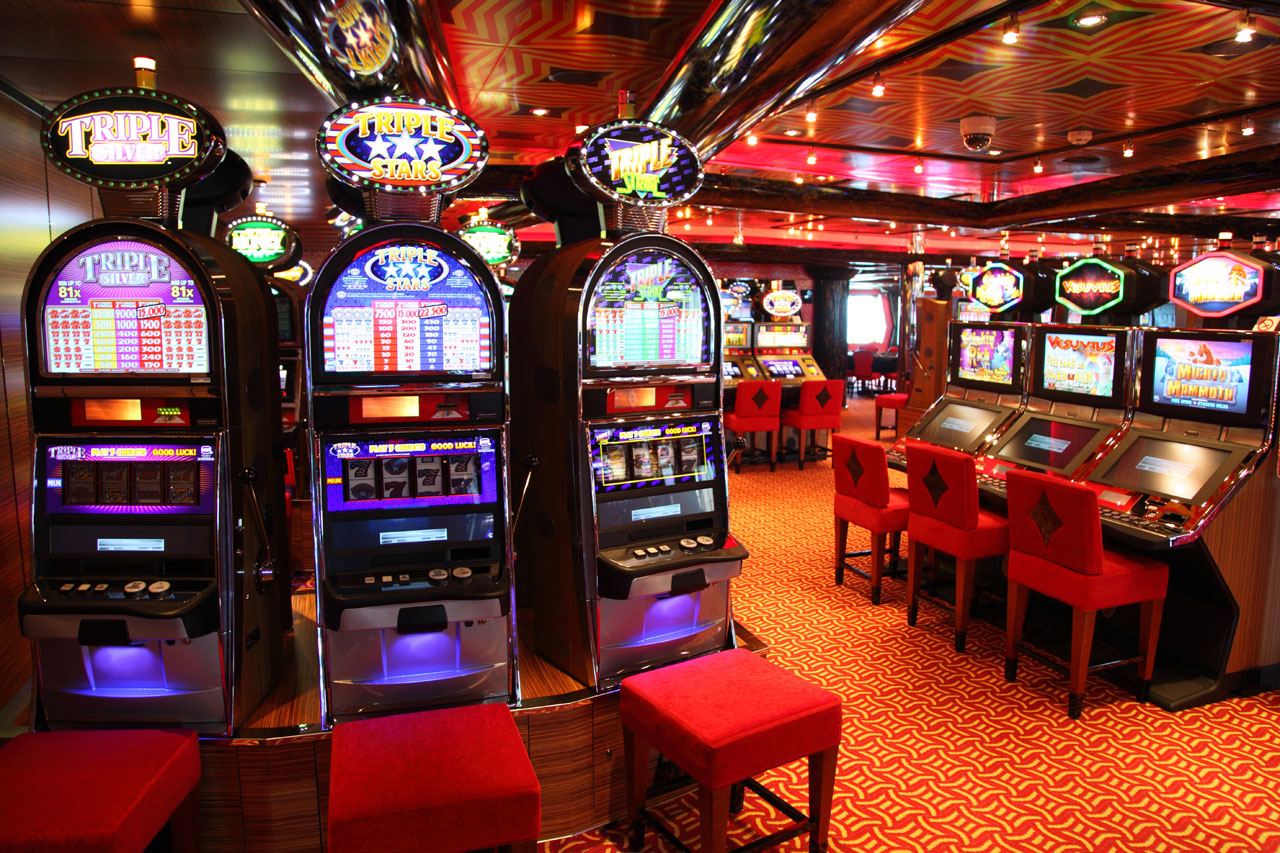Returning from a Baptist conference in California recently, I had an unexpected change of airplanes in, of all places, Las Vegas. I had not walked two feet off the airplane before I heard the sound. Really it was more like noise—the noise of slot machines.
We are all-too-familiar with the sight of slot machines and casinos in Oklahoma. A Baptist Messenger editorial published in 1993 called “Oklahoma a hot spot for casinos” because we had 23 compared to surrounding states who had fewer. Fast forward to today, and by conservative estimates, we have more than 100 casinos or gambling centers.
A new casino is birthed every time we turn our head, with recent news of one planned in the Panhandle (though a group of Christians is attempting to stop it). While commercials glorify the experience, the ugly reality looks all too different. Commercials show good-looking, young happy people spending spare cash at casinos. The statistics show, meanwhile, that casinos prey on lonely, lower income people, many of whom are senior citizens on fixed incomes.
While we address the growth of casinos, we also need to remind people why it is bad in the first place and specifically why the “one-armed bandit” (slot machine) is creating specific problems.
According to research published by the Ethics & Religious Liberty Commission, “Modern slot machines are programmed for fast, continuous, and repeat betting. Players insert plastic, not coins; they tap buttons or touch a screen rather than pull levers; they place bets in denominations ranging from a penny to a hundred dollars on multiple lines that spin across a screen with each rapid tap of the button. The laws of pure chance or probability no longer dictate wins and losses on slot machines. Modern slots are hooked up to a central server that collects player information, preferences, and speed of play and has the capacity to program each machine to each player’s style. The trend in slot design is to provide a slow and smooth ‘ride,’ with small wins that are less than the amount bet, but nonetheless encourage repeat bets and prolonged ‘time on machine.’”
What a sad arrangement. Here are other reasons to oppose casino gambling, according to the ERLC.
Casinos negatively affect poor and low income people. Casino gambling, which used to be considered an upper class activity (think Atlantic City), now targets lower income people and has a disproportionate negative effect on poor and lower income people.
Casinos enhance addiction. Oklahoma has a reputation of various addictions ravaging our citizens, including prescription drugs, pornography and gambling. Problem/Addicted gamblers, which sources show make up 50 percent of casino revenue, have a negative effect on families and leads to family breakdown and poverty.
Negative effect on communities. Casino gambling has a corrosive effect on children and society and promotes a myth of easy money without work. Any short-term positive effects economically are out-weighed by the culture of greed and envy and family breakdown it creates.
But, as Christians, we are not, in the end, mere killjoys who are against gambling so as to ruin someone’s weekend plans. Instead, we are for something better, the full, abundant life Christ offers, apart from guilt (John 10:10). So while we warn against the dangers of gambling, we point people to a much sweeter sound than a slot machine; namely the Voice of the Master, Who says “Come to Me, all you who are weary and burdened, and I will give you rest” (Matt. 11:28).





